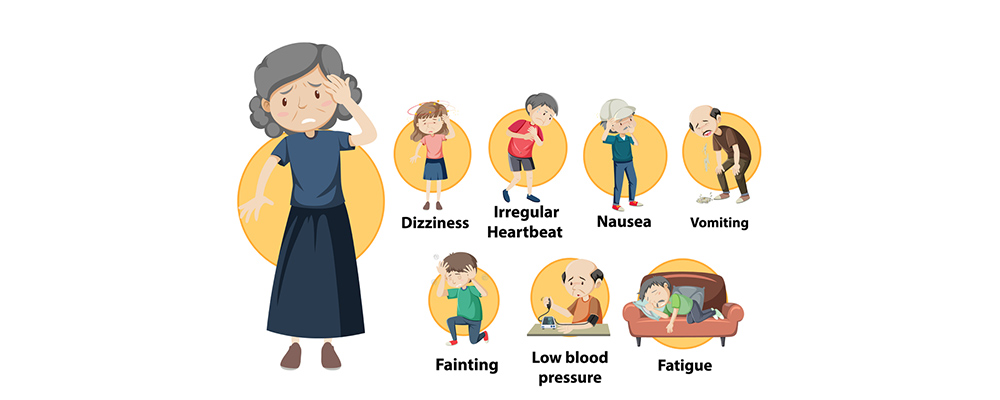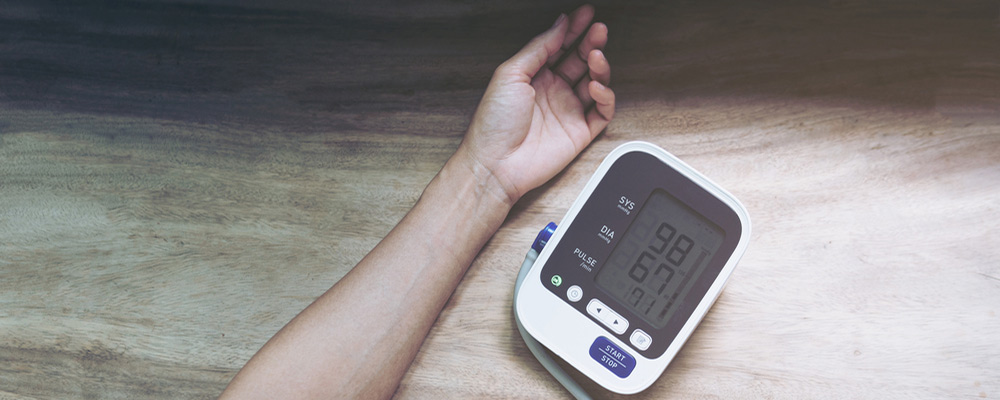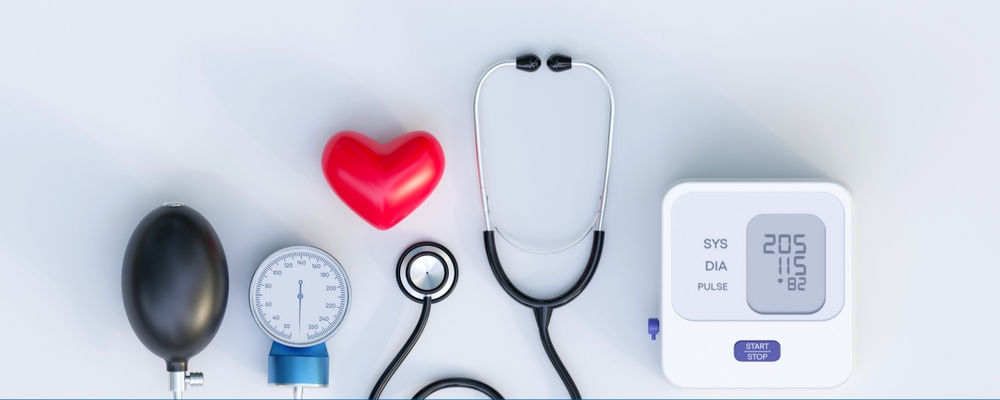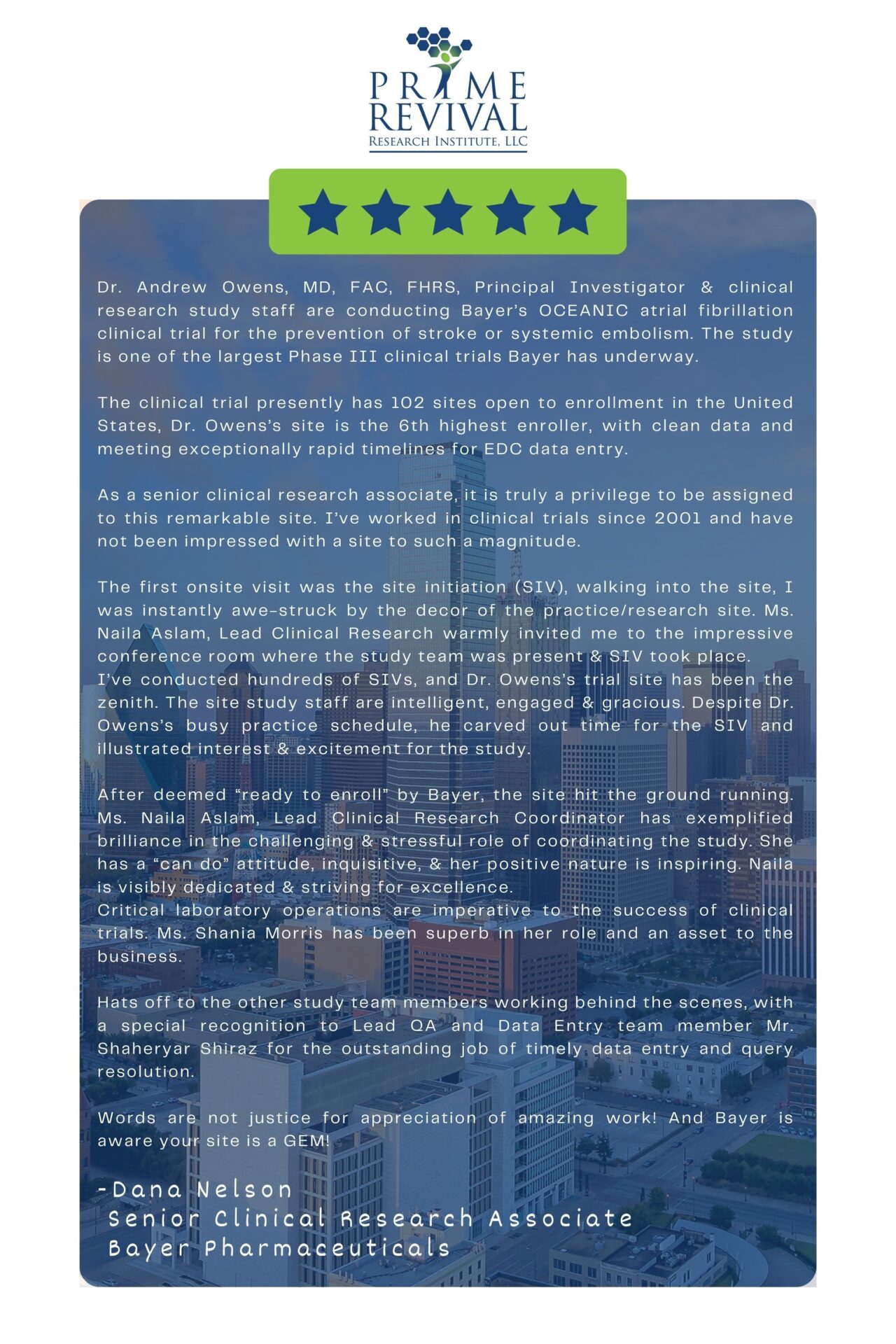Last Updated on June 21, 2023
Introduction
Blood pressure is a measurement of the force exerted by the blood against the artery walls as the heart circulates it throughout the body. High blood pressure, also known as ‘hypertension,’ is a condition in which blood flows at a higher-than-normal pressure through the arteries (blood vessels). Blood pressure should be less than 120/80 mm Hg. An estimated 1.28 billion adults aged 30-79 years worldwide have hypertension and 46% of adults with hypertension are unaware that they have the condition. It is a leading cause of death worldwide. Continue reading to learn the most common causes of high diastolic blood pressure symptoms and the risks associated with them, and the treatment options available.
What is Hypertension & What Causes Sudden High Diastolic Blood Pressure?
Hypertension (high blood pressure) is a common condition that affects the arteries which are the major blood vessels in the body. It is sometimes referred to as the “silent killer”, as many people with hypertension have no symptoms or warning signs. Several factors can cause sudden high diastolic blood pressure, also known as isolated diastolic hypertension. Here are some possible reasons:
Acute stress or anxiety:
Can cause a temporary increase in blood pressure, including diastolic blood pressure. The sympathetic nervous system is activated by the body’s stress response, resulting in increased heart rate and blood vessel constriction.
Certain medications:
Such as nonsteroidal anti-inflammatory drugs (NSAIDs), decongestants, or stimulants, can cause an abrupt increase in blood pressure, including diastolic pressure. Furthermore, the use of substances such as caffeine, nicotine, or illegal drugs may contribute to sudden blood pressure spikes.
White Coat Syndrome:
When visiting a healthcare professional, some people experience anxiety or nervousness, which can cause a temporary increase in blood pressure. White coat syndrome is a condition that causes isolated high diastolic blood pressure during medical appointments.
Physical Activity:
Exercising vigorously or lifting heavy objects can temporarily raise blood pressure, including diastolic pressure. This is a normal response that subsides once the activity is completed and the body returns to a resting state.
Underlying medical conditions:
Certain medical conditions, such as kidney disease, hormonal disorders (e.g., thyroid issues), or cardiovascular conditions, can cause diastolic blood pressure to rise suddenly. To effectively manage blood pressure, it is critical to identify and address these underlying health issues.
What are the Symptoms of Hypertension?
 High diastolic blood pressure symptoms are not always noticeable. However, if a person experiences the following symptoms, they should seek emergency medical attention. These symptoms may lead to a serious complications, such as a heart attack or stroke:
High diastolic blood pressure symptoms are not always noticeable. However, if a person experiences the following symptoms, they should seek emergency medical attention. These symptoms may lead to a serious complications, such as a heart attack or stroke:
- Breathing difficulties
- Chest pain
- Lightheadedness
- Speech changes
- Sudden onset of weakness
- Loss of consciousness
What causes High Diastolic Blood Pressure Symptoms?
Diastolic blood pressure symptoms occur dur to a number of factors. While some of these are under a person’s control, others are not. Among people aged 40 to 89, each 10 mm Hg increase in diastolic pressure doubles the risk of heart disease or stroke.
Isolated diastolic hypertension (IDH) is defined as high diastolic blood pressure of more than 80 mm Hg in people with normal systolic blood pressure. Diastolic blood pressure of 80-89 mm Hg is classified as stage 1 IDH by doctors. Diastolic blood pressure greater than 90 mm Hg is classified as stage 2 IDH.
High blood pressure symptoms can be caused by:
High-Salt Diet (Increased sodium uptake)
A high-salt diet disrupts your body’s natural sodium balance, causing the body to retain water. This causes an increase in the ‘pushing’ of your blood against your vessel walls. A ‘no-salt diet’ is the best approach for people with hypertension.
Obesity
Blood pressure and body mass index are linked in both overweight and normal-weight patients. Putting on weight as we get older appears to be a particularly strong risk factor for developing hypertension.
Inadequate physical activity
Exercise is the primary treatment and prevention of hypertension, and it is an important component of lifestyle therapy. Physical activity has a beneficial effect on hypertension, with as much as a 5-7mm Hg reduction in systolic and diastolic blood pressure in people with hypertension.
Excessive alcohol consumption
Too much alcohol can raise blood pressure to dangerously high levels. Drinking more than three alcoholic beverages in one sitting temporarily raises blood pressure. Binge drinking can result in long-term blood pressure increases.
Stress and anxiety
Anxiety can cause diastolic blood pressure to rise in some people. Mental stress may activate a part of your nervous system, causing a surge of hormones to disrupt how your body regulates blood pressure.
What are the Risk Factors for High Diastolic Blood Pressure Symptoms?
 Certain risk factors for high diastolic blood pressure symptoms are beyond a person’s control. They are as follows:
Certain risk factors for high diastolic blood pressure symptoms are beyond a person’s control. They are as follows:
- Age: Diastolic hypertension is common in people under the age of 50. IDH is uncommon in senior citizens.
- Family history: Having a family history of hypertension increases an individual’s risk of IDH.
- Cardiovascular events: If a person has had an incident that damaged their heart muscle, their risk of IDH increases.
- Diabetes: People with diabetes and high blood sugar levels are more likely to develop IDH.
- Hypothyroidism: Around 30% of people with low thyroid hormone levels have IDH.
- Chronic kidney disease: People who have chronic kidney disease may also have IDH.
What are the Dangers of High Diastolic Blood Pressure Symptoms?
High blood pressure symptoms has been linked to a number of conditions, including:
Abdominal Aortic Aneurysm
High blood pressure has been linked to an increased risk of aortic conditions (conditions involving the large artery that transports oxygen and blood from your heart to your chest and abdomen). Individuals with blood pressure are more likely to develop an abdominal aortic aneurysm. This is an abnormal enlargement of your aorta that can lead to its rupturing and ultimately, death.
Cognitive Impairment
Diastolic blood pressure is associated with memory deficits or cognitive impairment in people over the age of 45. Every ten-point increase above 90mm Hg increases the risk of cognitive issues by 7%. Treating or preventing high blood pressure may help prevent cognitive impairment.
Stroke
A diastolic blood pressure of 100mm Hg or higher is associated with an increased risk of stroke. High blood pressure can cause your arteries to become blocked or burst, resulting in a stroke. Brain cells die as a result of a lack of oxygen during a stroke. A stroke can cause severe disabilities in movement, speech, and other basic activities, as well as death.
Chronic kidney disease
Adults with high blood pressure, diabetes, or both are at a higher risk of developing chronic kidney disease than those who do not have these conditions.
Can Anxiety Cause High Diastolic Blood Pressure?
Anxiety can cause high diastolic blood pressure due to the activation of the body’s stress response, which releases hormones that increase heart rate and constrict blood vessels. Chronic anxiety and overstimulation of the cardiovascular system can contribute to elevated blood pressure levels. Hyperventilation during anxiety episodes and unhealthy lifestyle habits can further raise diastolic blood pressure. Seeking professional help and adopting stress-reducing techniques are important for managing anxiety and its impact on blood pressure.
How to Treat High Diastolic Blood Pressure Symptoms?
 The goal of the treatment is to lower diastolic blood pressure in order to reduce the risk of health problems caused by hypertension. If the blood pressure is between 120/80mm Hg and 130/80mm Hg, your physician may recommend lifestyle changes to help lower your blood pressure to an acceptable level. Medication is rarely prescribed at this stage.
The goal of the treatment is to lower diastolic blood pressure in order to reduce the risk of health problems caused by hypertension. If the blood pressure is between 120/80mm Hg and 130/80mm Hg, your physician may recommend lifestyle changes to help lower your blood pressure to an acceptable level. Medication is rarely prescribed at this stage.
Hypertension in Stage I: If your blood pressure is less than 140/90mm Hg but greater than 130/80mm Hg, your physician may advise you to make lifestyle changes in addition to taking one antihypertensive medication.
Hypertension in Stage II: If your blood pressure is higher than 140/90mm Hg, your physician may advise you to start taking strict medications and make strict lifestyle changes. Usually, only one medication is used at first. But if you have consistently high blood pressure above 160/90mm Hg, you may be prescribed other medications.
Antihypertensive Medications
- Beta-blockers: These medications reduce your heart rate and help your blood vessels relax and your heart to beat with less force.
- Diuretics: These medications assist your kidneys in eliminating some salt (sodium) from your body, allowing your blood vessels to retain less fluid while maintaining blood pressure.
- Angiotensin-Converting Enzyme Inhibitors (ACE Inhibitors): ACE inhibitors work on your kidneys to reduce sodium retention. They also work directly on blood vessels, causing them to relax.
- Angiotensin-II Receptor Antagonists: These work in the same way that ACE inhibitors do.
- Alpha Inhibitors: These medications help to lower your blood pressure by relaxing the blood vessels through a central action (the brain’s blood pressure center).
- Calcium Channel Inhibitors: These aid in the relaxation of your blood vessels by lowering the amount of calcium that enters your cells.
- Renin-Inhibitors: This is a relatively new blood pressure treatment. These medications also aid in the relaxation of your blood vessels.
Summary
The damage caused by high blood pressure to your body may not become apparent until severe damage has occurred, at that point it may be too late to reverse it. As part of a healthy lifestyle, blood pressure control should be a lifelong goal. By taking charge of your health, you can help keep your blood pressure under control. Some people can avoid hypertension, while others are predisposed to it due to uncontrollable factors such as family history.
Regular exercise, a well-balanced diet, and other healthy lifestyle changes may help control high diastolic blood pressure symptoms and prevent other hypertension-related health problems. If your blood pressure does not improve after making healthy lifestyle changes, always consult your physician.


